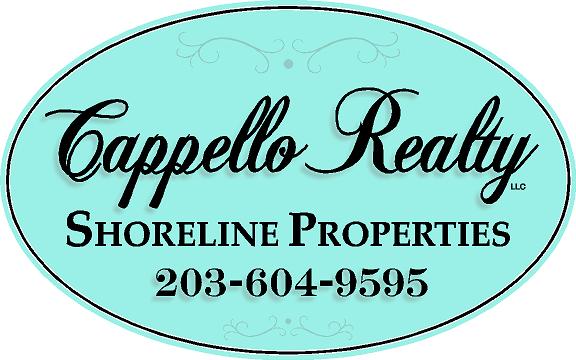
Image by Steve Buissinne from Pixabay
For anyone interested in investment diversification, real estate is one of the preferred holdings in addition to stock and bonds. However, many investors possess neither the cash nor the knowledge and interest to actually buy, sell, rent or manage real property. Such investment involves more than cash; it also requires in-depth market knowledge, and hands-on time, energy and effort.
Investment in a Real Estate Investment Trust (REIT) or a Real Estate Mutual Fund (REMF) are popular alternatives, with specific advantages that are attractive to small investors and to those who seek investment diversity.
Considering an REIT
While there are three types of Real Estate Investment Trust, Equity REITs are the most common. These entities own and manage revenue-generating property, including shopping malls, office and apartment buildings, hotels and specialty properties. Niche markets today include medical developments, senior and targeted healthcare communities, retirement developments, and multi-use developments, including live-work centers in urban environments.
An REIT may also generate income by purchasing or trading in mortgages and mortgage-backed securities, known as a Mortgage REIT, or through a combination of equity and mortgage holdings, termed a Hybrid REIT. Although shares may be traded publicly or sold privately, an REIT is bound by Internal Revenue Service rules to pay out most of its earnings to its investors. Although an IRS is treated as a corporation and must be managed by a board of directors or a group of trustees, it pays no corporate income tax.
What Are Real Estate Mortgage Funds?
Mutual funds, by definition and practice, pool investment funds to purchase stocks and bonds. Investors purchase shares or units based on the current net asset value (NAV) of the combined assets. Real Estate Mutual Funds invest solely in real estate-related stocks, REITs, or a combination of both. Investing in such a fund offers an investor a low-cost, relatively low-risk option to traditional real estate.
Transaction costs associated with investing in mutual funds are typically minimal, and there is a high probability that the funds will be professionally managed and researched, an advantage for most investors.
While an REIT only pays dividends, based on the number of shares an investor holds, the REMF carries the expectation of regular dividend payments as well as capital appreciation.
Because shares of both the REIT and REMF are readily traded, such investments are considered highly liquid, and carry minimal risk. They offer an excellent opportunity for the small or new investor to diversify into the world of real estate, and they are considered by some proponents to be a hedge against inflation. As home values and rental incomes climb, investment dividend payments are likely to increase.
The flip side is that as interest rates rise, corporate costs increase and profitability might be affected.
As with all investments, a decision will depend on personal circumstances, considered judgment, and careful comparison.
About the Author

Linda Cappello, Broker, GRI, ABR
Linda A. Cappello, Owner/Broker of Cappello Realty Shoreline Properties. Cappello Realty is a full service boutique Real Estate firm that specializes in 06855 - East Norwalk, and services all of Norwalk and Fairfield County, CT. Linda has been in the Real Estate business for 20+ years, spending 18 of them as a Owner/Broker. Being a Broker adds a lot responsibility to her job. She is responsible for overseeing every transaction and agent in the office. This is a challenge that she looks forward to and takes very seriously. She is constantly taking continuing education classes and attending seminars to keep abreast of the ever changing market as well as the industry standards, rules and regulations.
She is a native to East Norwalk, and has an in-depth knowledge of the city that she loves, as well as the intricacies of the many unique neighborhoods and areas that Norwalk offers. Linda offers her clients a network of professionals ranging from Attorneys, Mortgage Brokers, Home Stagers and Home Inspectors to any and all pros that you may need for a successful transaction and for the convenience of her clients.
"My job doesn't end at the closing table. It goes far beyond that, keeping in touch and staying friends who refer their family and friends. A lot of my business is referral business which is the greatest accomplishment and honor of all. Earning my clients trust."
